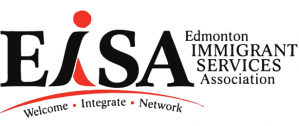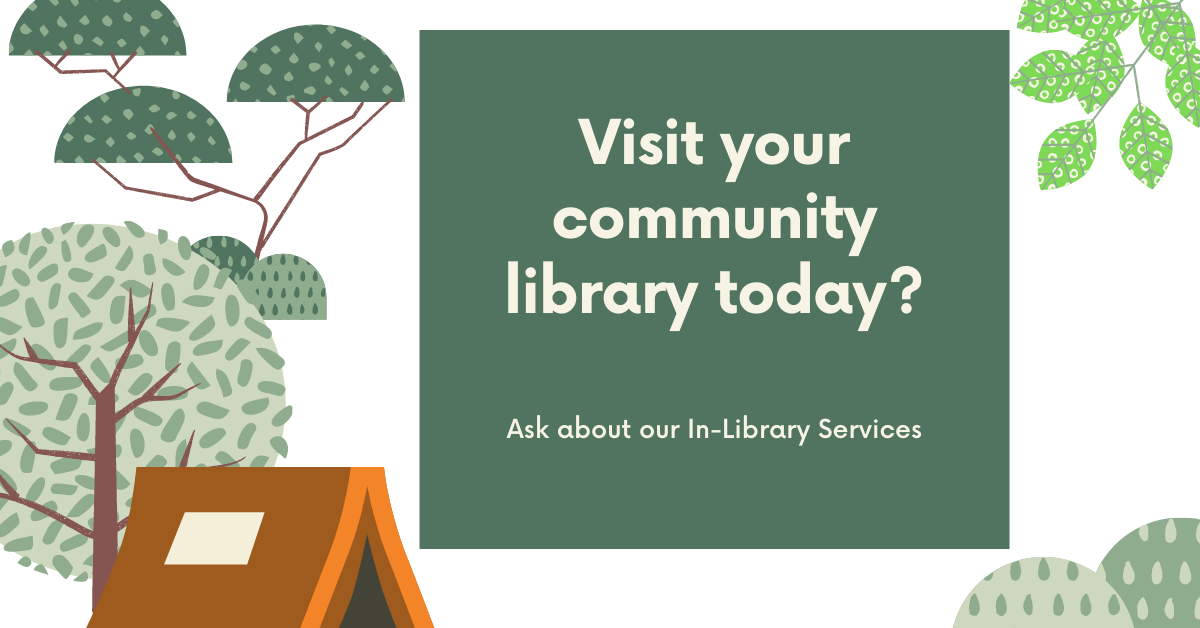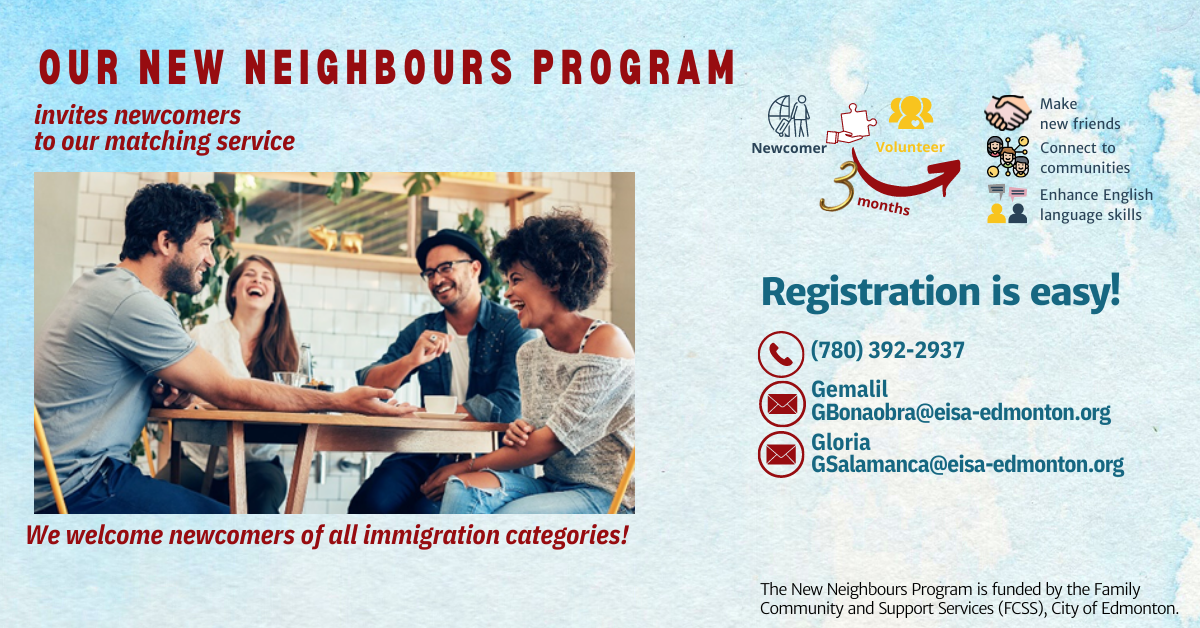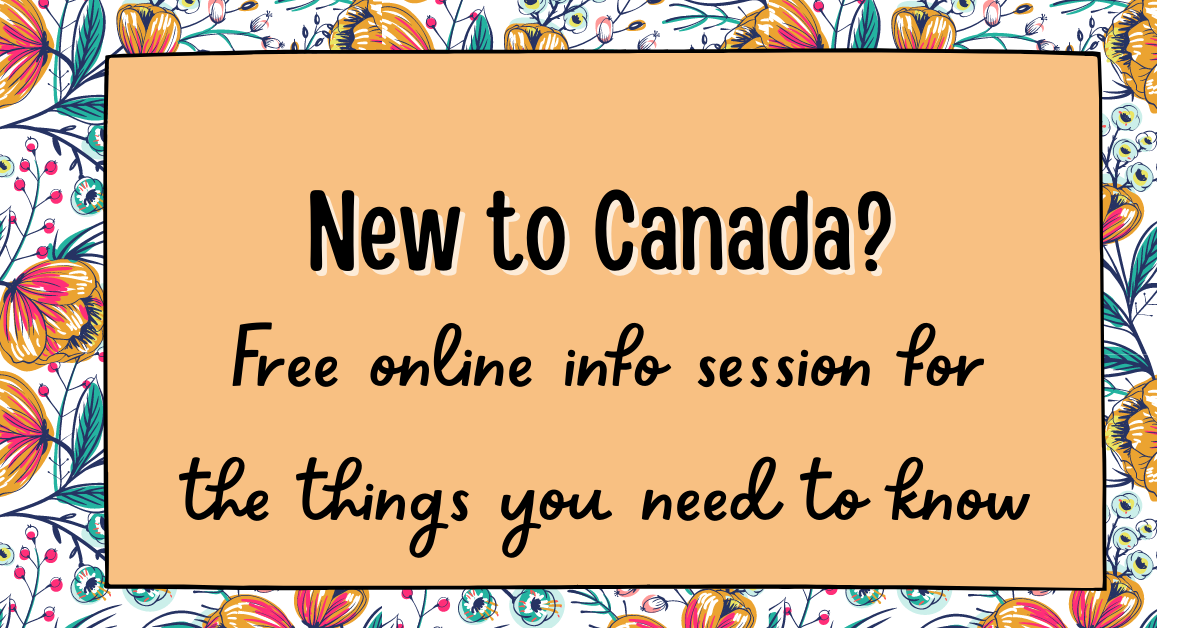Our Privacy Policy
Edmonton Immigrant Services Association (EISA) respects your privacy. We protect your personal information and adhere to all legislative requirements with respect to protecting privacy. We do not rent, sell, or trade our mailing lists. We only use the information you provide to inform you of our programs, services, volunteering opportunities, donation opportunities, or donation receipts. If you would like to stop receiving the said information from us, please use the “unsubscribe” function in the message you receive or inform us by phone or email. We may provide information to our funders for accountability purposes.
To learn more about what information is collected, where it goes, why it is collected, and how it is used, please click here.
.



